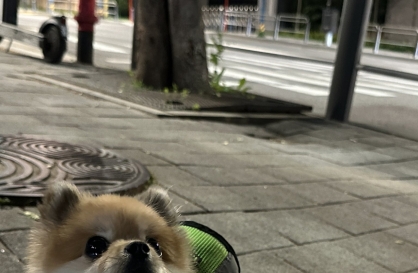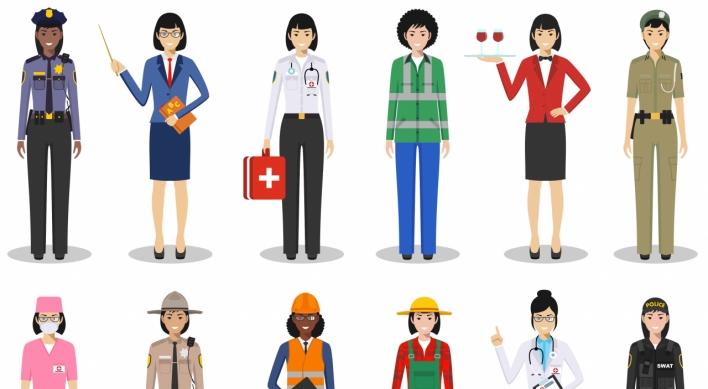[Newsmaker] Korea's zeal for imports drive VW's growth
Consumers still generous toward foreign brands despite scandal, experts say
By 최희석Published : Jan. 13, 2016 - 16:22
Despite the sales of Volkswagen vehicles collapsing worldwide in the wake of its massive emissions-cheating scandal, South Korea remains a lucrative market with its market performance hitting a record high.
In December, the embattled German carmaker sold only 76 diesel vehicles in U.S., the world’s second-largest automobile market, while it sold 68 times more, or 5,191 units, in South Korea, according to data and reports compiled by industry experts here.

Before the scandal five months ago, Volkswagen was the de facto leader in the diesel car market in the U.S, with 70 percent share in 2014. After the U.S. Environmental Protection Agency announced that the automaker had been cheating on its emission, its diesel-powered car sales nose-dived to 4,205 in September from 8,688 units in August, and eventually just 76 in December. Currently, it accounts for only 1 percent in U.S. diesel car market.
The sales dropped rapidly not only because Volkswagen stopped selling diesel cars equipped with software that intentionally deceived emissions regulations, but also because it pulled other diesel vehicles still being tested by U.S. authorities for alleged faked fuel efficiency, analysts said quoting reports.
In sharp contrast, however, sales of Volkswagen vehicles soared in Korea even after the government announced that some of its cars sold in the domestic market were involved in the same emissions-cheating scheme as those sold in the U.S. The carmaker has already admitted that it installed defeat devices in 11 million vehicles worldwide to cheat diesel emissions tests.
Experts pointed to the German automaker’s marketing strategy, including large discounts and an attractive installment program, and also to Koreans’ undying devotion to foreign brands despite the scandal.
VW Korea offered discounts ranging from 10-20 percent on its vehicles, as well as a 60-month interest-free installment program. Its Tiguan was even named the best-selling foreign car here last year.
"Volkswagen’s soaring sales reflects that Korean consumers are still generous toward foreign brands, despite illegal and unethical behavior,” said Kim Pil-soo, an automotive engineering professor at Daelim University College in Seoul.
"Customers’ willingness to boycott such products that violated the law made the dealers devise bargain strategies that offered expensive imported cars at a discounted price. They were seduced,” he said.
Kim also stressed that the government’s penalty measures on carmakers is not enough to improve the level of customer protection.
After running the first round of tests, the Environment Ministry revoked the certification for tested models, banned their sales and ordered a recall of about 125,000 cars. The ministry also fined the German carmaker about 14 billion won ($11.6 million).
VW vehicles subject to recall include those equipped with the “EA189” engine. The list also includes the Volkswagen Beetle and the Q5 and Q3, as well as the A4 of its Audi luxury brand.
The level of punishment is far lighter than that in the U.S., as Washington has already filed a civil suit that could force VW to pay more than $20 billion in fines under the Clean Air Act. It is also facing a separate criminal probe.
Under the Korean law, carmakers are subjected to pay 1 billion won each per a model if found to have violated the clean air act, not counting the number of cars they sold like in the U.S.
“It is difficult for the government to impose heavier penalties here due to weak legal grounds to do so,“ Kim said.
“For a long time, the government has been focusing on promoting the car industry as part of its industrial growth strategy, allowing itself to be generous to carmakers like Hyundai and Kia,” he said, adding that foreign carmakers have been taking advantage from such leniency.
Amid soaring sales, VW Korea submitted its detailed recall plans to the ministry last week. The carmaker was ordered to explain how it plans to improve emissions results and maintain fuel efficiency after removing the cheating software.
It is expected to carry out its recall plans within the first half of the year, said a public relations representative from VW Korea.
By Cho Chung-un (christory@heraldcorp.com)







![[AtoZ Korean Mind] Does your job define who you are? Should it?](http://res.heraldm.com/phpwas/restmb_idxmake.php?idx=644&simg=/content/image/2024/05/06/20240506050099_0.jpg&u=)










